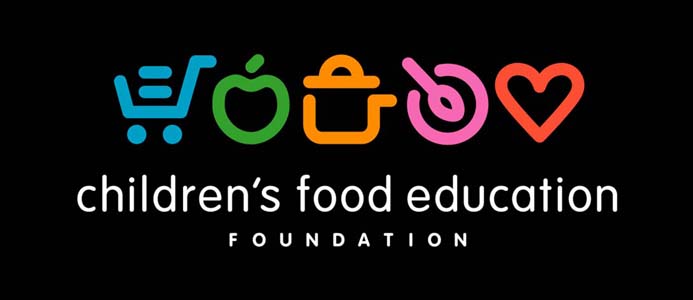Vision (why) & Mission (how)
Our aim is to aim to reduce the risk & incidence of diet related disease by educating, engaging and empowering children & young people to make mindful food choices.
What we do:
- Create innovative, long-term, multi-faceted, participatory food education initiatives that focus on direct engagement, building capacity and skill development.
- Use food and digital media as a vehicle for social innovation and enterprise, to encourage healthy eating, improve health outcomes and address learning barriers like social exclusion, low literacy, lack of business knowledge and independent living skills.
- Partner with community service providers to improve their capacity to integrate and deliver food-based preventative health education.
- Support food education initiatives created by individuals or organisations who share our ethos.
Our Cause
The Foundation is guided by its charitable purpose but as humans, we are driven by what is in our hearts so...
There are nearly 40,000 Australian children and young people who face homelessness every day and every night. What are they eating and how do they access good nourishing food? How do they acquire the skills and knowledge to make healthy food choices? Every child and youth service provider should deliver food education programs as part of their core activities. Each and every person who works with children and young people should be given appropriate strategies and information to allow them to become "good food & well-being" role models.
Next time you see a child enjoying fantastic food, imagine them instead (and heaven forbid) in a hospital being served a tasteless, over processed, nutrient poor meal which is supposed to enhance their recovery. Visit most hospitals and check out the uninspiring menu and inadequate cooking/eating facilities for parents to feed their children or themselves. Paediatric and adolescent hospital wards should improve food service to children. Arguably, limited funds could be spent elsewhere, but surely appropriate physical nourishment is an integral part of healthcare?
Now take your family on a holiday and visit some of Australia's best known tourism venues and observe the food choices eg. bain-marie stodge, a pre-prepared soggy sandwich, hot chips or the ubiquitous meat pie (don't even get us started on roadside service centres). If the Government is serious about reducing the incidence of childhood obesity then it must lead by example and educate/encourage others.
Unless they are old enough to eat adult size meals, restaurant dining (apart from the obvious exceptions) will generally ensure children's tastes and preferences are discounted and they are offered a limited menu which is sure to include chicken nuggets, spaghetti bolognaise or fish & chips. Restaurants should consider children as legitimate customers and educate their palates otherwise as adults they will not pay for quality because they won't be able to taste the difference.
As for food education in schools - there are many people in the community fighting bravely for change in schools; parents, teachers, food professionals, nutritionists and canteen managers who are committed to Healthy Schools initiatives. But many schools are still serving crap to students, using junk food for fundraising, and seem reluctant to encourage change for fear of losing money.
The Children's Food Education Foundation is committed to improving food service to children and young people. As a collective, our voices have more power to generate change, so please give us your support.
